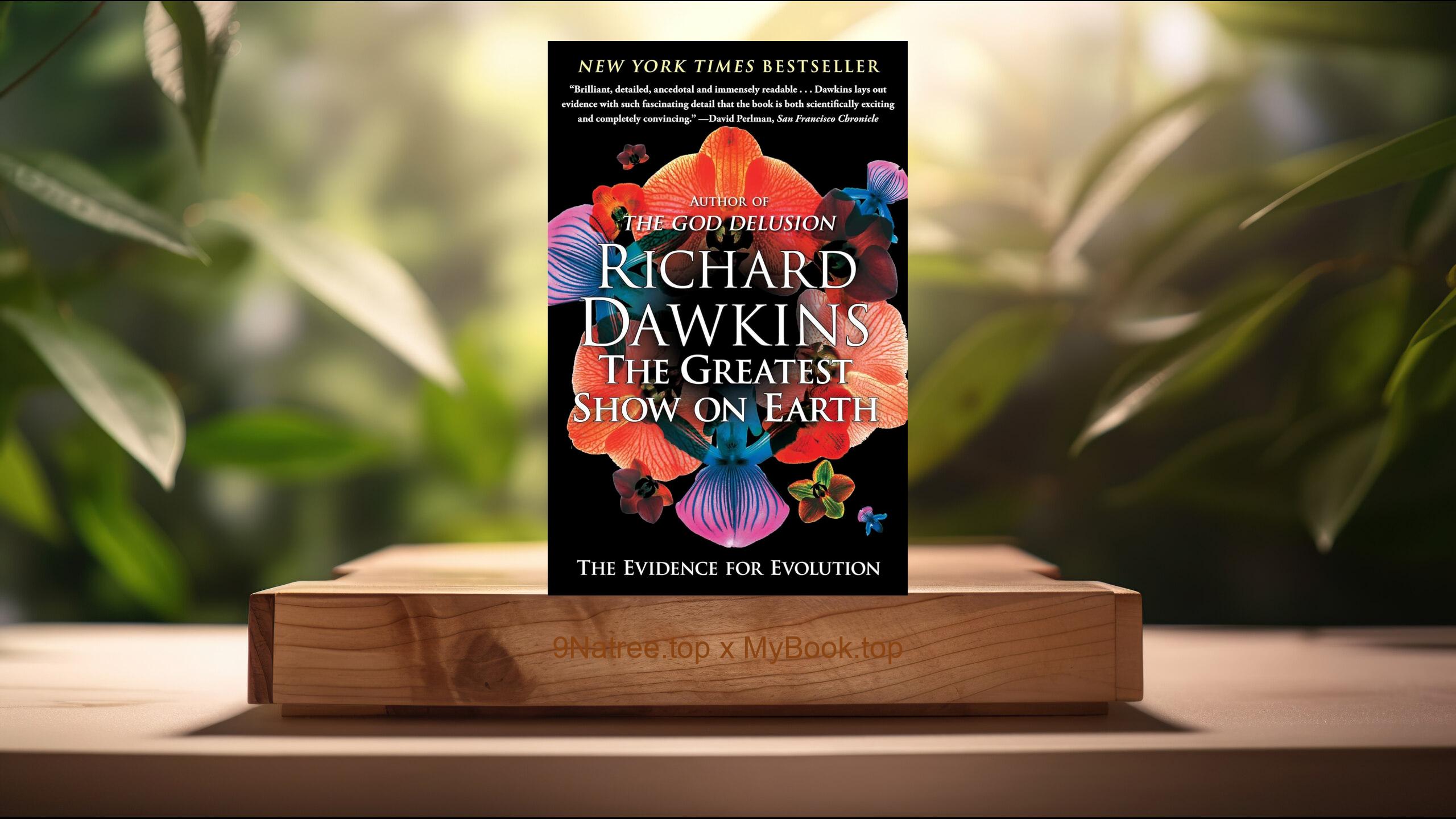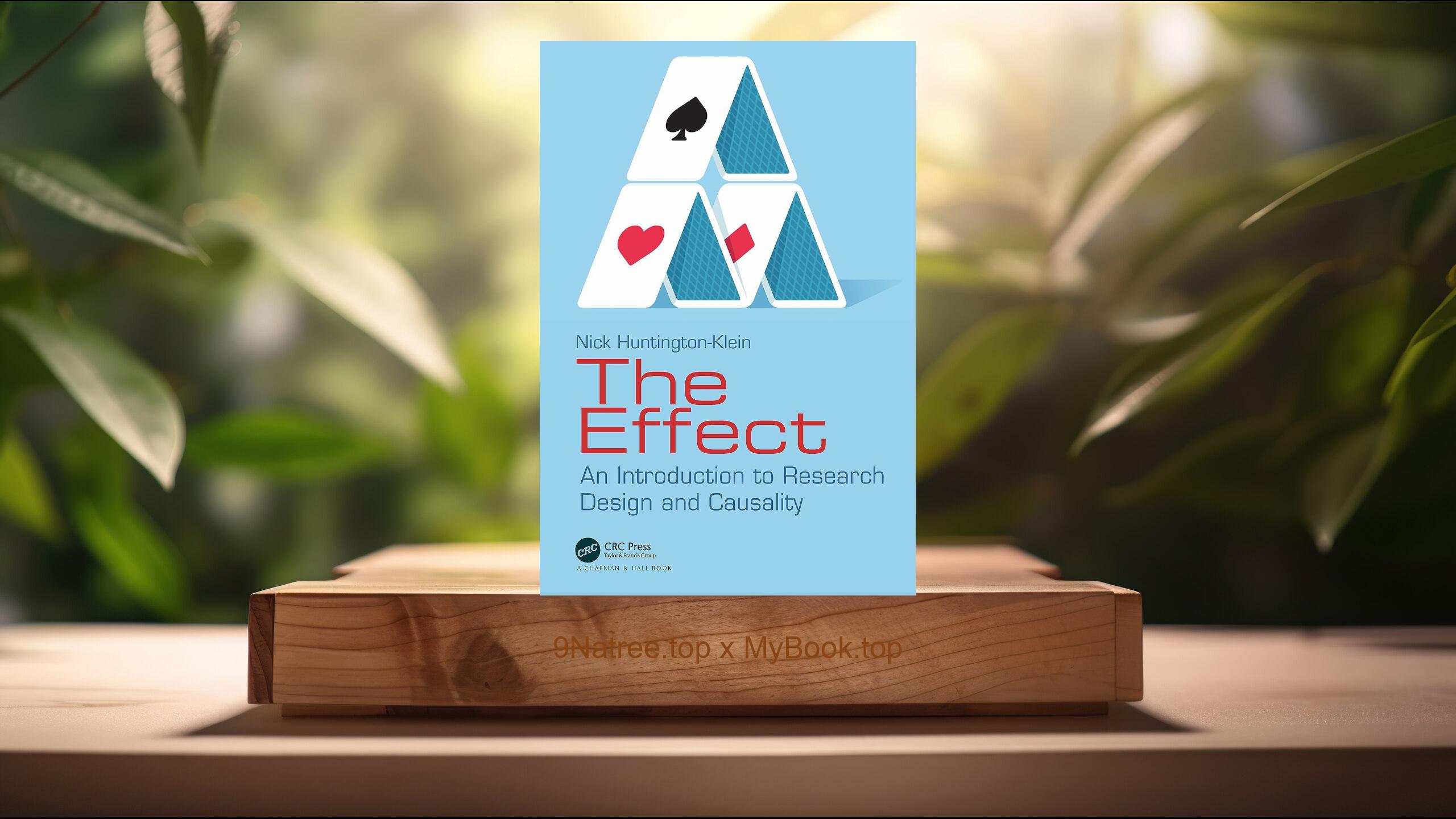Show Notes
Buy on Amazon: https://www.amazon.com/dp/B082H3ZH44?tag=9natree-20
Read more: https://mybook.top/read/B082H3ZH44/
#evolutionarybiology #physicalactivity #sedentarylifestyle #chronicdiseaseprevention #culturalapproachtoexercise #Exercised
These are takeaways from this book.
Firstly, Evolutionary Perspectives on Physical Activity, Lieberman presents an evolutionary lens to view human physical activity, challenging the common misconception that our hunter-gatherer ancestors were constantly on the move, engaging in intense physical activities. He points out that evolution has shaped humans to be energy-efficient, conserving calories for survival rather than spending them on unnecessary exertion. This perspective shifts the discussion from exercise being a natural human inclination to a modern convention developed for specific health benefits. By understanding the evolutionary basis for physical activity (or the lack thereof), Lieberman sets the stage for a more nuanced approach to exercise, emphasizing its importance in contending with the sedentary lifestyle diseases that plague modern society.
Secondly, The Myth of the Athletic Savage, Lieberman meticulously debunks the 'athletic savage' myth, the idea that ancient humans were perpetually engaged in rigorous physical activities, which modern individuals strive to replicate in gyms and fitness centers. Through anthropological evidence and comparative studies of contemporary hunter-gatherer societies, he illustrates that our ancestors prioritized survival over fitness. Physical activities were primarily for hunting, foraging, and escaping predators, not for health. This understanding helps differentiate the motivations behind exercise today versus the instinctual survival-driven activities of our ancestors. It's a compelling argument that redefines our cultural approach to exercise, framing it as a choice for health rather than an ancestral legacy.
Thirdly, The Modern Sedentary Lifestyle, In this section, Lieberman tackles the issue of modern sedentariness, detailing how advancements in technology and changes in lifestyle have led to a decrease in daily physical activity. He highlights the ramifications of a sedentary lifestyle on our health, connecting it to a rise in non-communicable diseases like obesity, diabetes, and cardiovascular diseases. The juxtaposition of our evolutionary predisposition to conserve energy with today's abundance of energy-saving conveniences presents a compelling paradox. Lieberman argues that understanding this mismatch is crucial for creating effective, evolutionary-inspired approaches to incorporate more physical activity into our daily lives, suggesting that counteracting our sedentary tendencies is essential for long-term health.
Fourthly, The Role of Exercise in Disease Prevention, Here, Lieberman elucidates the powerful role of exercise in preventing a myriad of chronic diseases. He bridges the gap between evolutionary insights and modern medical knowledge, showing how physical activity can counteract the negative health impacts of our sedentary lifestyles. Through a review of various scientific studies, he provides evidence on how regular exercise can reduce the risk of diseases such as diabetes, cardiovascular diseases, and even some cancers. This segment not only emphasizes the necessity of exercise for maintaining health but also challenges the reader to rethink exercise as a pleasurable and rewarding activity rather than a chore or a luxury.
Lastly, Redefining Exercise in a Modern Context, Lieberman advocates for a redefinition of what constitutes exercise in today's society. He suggests moving away from the often punitive and goal-oriented approach to fitness, advocating instead for integrating enjoyable and sustainable physical activities into our daily lives. By examining various forms of exercise across different cultures and ages, he argues for a more inclusive and flexible understanding of physical activity. This holistic approach encourages finding personal motivation and joy in movement, rather than adhering to strict regimes or feeling pressured by societal expectations of physical fitness. Lieberman's perspective is refreshingly practical and accessible, aiming to make the health benefits of exercise attainable for everyone, irrespective of their current fitness level or background.
In conclusion, Daniel Lieberman's 'Exercised: Why Something We Never Evolved to Do Is Healthy and Rewarding' serves as a critical text for anyone looking to understand the complex relationship between exercise, health, and evolution. It compellingly argues that while our ancestors may not have exercised in the modern sense, the benefits of physical activity in today's sedentary society cannot be overstated. This book is particularly relevant for those interested in health, fitness, and anthropology, offering a unique perspective that blends evolutionary biology with practical advice on integrating exercise into daily life. It is a reminder that exercise, despite not being a natural human inclination, is a powerful tool for enhancing our health and well-being. By rethinking our approach to physical activity, we can overcome the evolutionary predispositions towards energy conservation that no longer serve us in an age of abundance. 'Exercised' not only demystifies exercise but also inspires a more inclusive and joyful approach to physical activity, making it a valuable read for anyone seeking to lead a healthier and more active life.
![[Review] Exercised (Daniel Lieberman) Summarized](https://episodes.castos.com/660078c6833215-59505987/images/1709952/c1a-085k3-o8r7r92rsm28-pfct9r.jpg)




